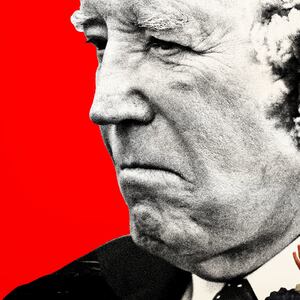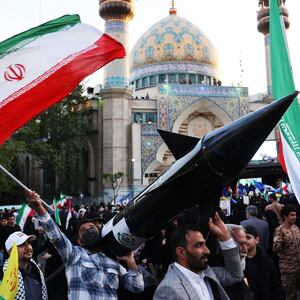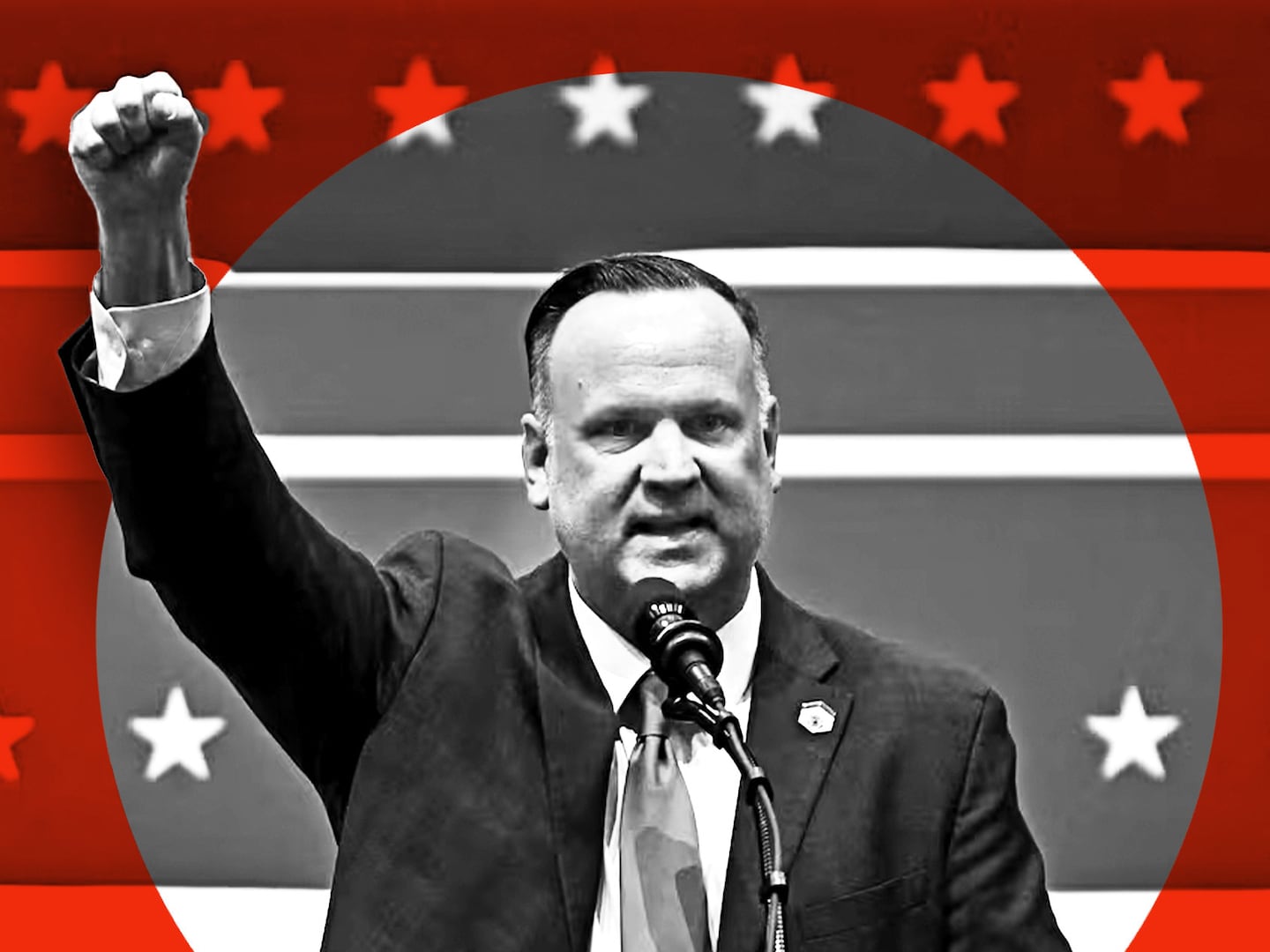Israeli Prime Minister Benjamin Netanyahu has, over the past several days, cemented his position as America’s worst ally. In fact, given his behavior, real questions exist whether he is even an ally at all.
America has had bad allies in the past. Joseph Stalin, for example, while an invaluable partner during World War II, did immediately thereafter turn on the West and launch the Cold War. (He also happened to be a historic tyrant and brutal mass murderer of his own people.) The alliances with figures like the Shah of Iran, the government of South Vietnam, and our brief cooperative dalliance with Saddam Hussein have also certainly not aged well.
But, in the modern era, no one else is in the class of Netanyahu. He has taken advantage of the long-standing ties between his country and the United States while in turn providing, especially in recent years, very little except damage, burdens, complications, and worse.
He ignores U.S. advice and entreaties. He undermines U.S. interests. He has used the support he’s received from the U.S. in the commission of what many believe to be serial war crimes. And to top it all off, he is singularly ungrateful for all the backing he has received.
Further, he compounds all of the above by being a terrible leader who has made multiple monumental errors, promoted extremist monsters to leading positions in his government and, while he was at it, sought to undermine Israeli democracy, committed a variety of domestic offenses in Israel and, at the same time, supported a criminal element in U.S. politics.
In just the past week, Netanyahu has frustrated U.S. efforts to achieve a ceasefire in Gaza, launched an operation in Rafah that the U.S. has actively and vocally opposed, and, literally weeks after the U.S. led an international coalition that defended Israel in the face of attacks from Iran, said that Israel could never trust “the gentiles.”
In so doing, he has shown himself more loyal to the crazies in his cabinet (upon whom his job depends) than to the U.S. administration that stood up for him during Israel’s darkest hour in the wake of the Hamas terrorist attacks of last Oct. 7.
He has ignored the pleas of thousands of Israeli demonstrators that he step down—given his disastrous record before and since that date. He has flouted requests by the international community to provide further aid for the people of Gaza. (The World Food Programme’s Executive Director Cindy McCain has warned that Gaza is already in the midst of a “full-blown famine.”)

An Israeli army M109 155mm self-propelled howitzer fires rounds near the border with Gaza in southern Israel on October 11, 2023.
Jack Guez / GettyFurther, the UN has issued new reports against “the continued and systematic onslaught of violence committed against Palestinians in Gaza, with most victims being women and children.”
U.S. officials with whom I have spoken say the Biden administration is “beyond frustrated” with the Israeli prime minister. They had hoped a ceasefire deal would provide a vital pause to both focus on providing Gaza with the humanitarian assistance it needs and to give Israel a chance to turn its attention to its own “political future”—a veiled reference to finding a replacement for Netanyahu.
U.S. negotiators, led by CIA Director William Burns, have worked tirelessly to find a path to a break in the fighting in Gaza. While acknowledging the central role Hamas has played in impeding peace negotiations, members of the Biden team are, at this point, even more deeply unhappy with Netanyahu than they have been before—which is saying a lot.
On Monday, Hamas announced publicly that it had agreed to terms for a ceasefire. Israel followed almost immediately by disavowing that there was a deal and saying that Hamas had agreed to terms to which these Israelis had not agreed. One report, from Axios’ Barak Ravid, indicated that the Israelis felt the Americans had kept elements of the deal from them, a notion the U.S. strongly pushed back against.
That is, of course, the Israeli spin on what happened. Other reports suggest that the changes in the deal Hamas okayed were consistent with past terms agreed to by Israel, with only minor adjustments.
The U.S. is continuing to work to get the Israelis to accept the terms and to resuscitate the deal.
Israel’s moves against Rafah, which expanded Monday, were also seen as evidence that Israel did not want a ceasefire—evidence that was backed up by earlier statements by Netanyahu and his cabinet that indicated they would go into the densely populated southern Gaza enclave regardless of whether a ceasefire was reached.

President Joe Biden and Israeli Prime Minister Benjamin Netanyahu on October 18, 2023.
Brendan Smialowski / GettyAmerica reportedly had delivered a message to Israel that it was serious in its opposition to a Rafah operation by blocking a key arms shipment to the Israelis last week. The subsequent Israeli moves have produced anger and concern both in Washington and across the international community, given the likely toll such an operation is expected to take on innocent residents of Gaza.
In addition, there is an emerging view from a variety of experts that operations in Gaza will not actually achieve Netanyahu’s stated goal of enhancing Israeli security.
The failure of Netanyahu’s strategy in Gaza was also revealed, yet again, in recent days to have been the direct result of disastrous policy decisions made by the right-wing Israeli government prior to Oct. 7. Notable among these was Netanyahu’s decision to direct aid dollars to Hamas in the years before the attack as an effort to shore them up and thereby deepen the split within Palestinian leadership between them and the Palestinian Authority.
Even Netanyahu’s political “friends” in the U.S. have been damaged by this, as the recent evidence of Netanyahu’s catastrophic initiative to bolster the resources of the terrorist group also shows that it was a decision that was actively backed by the Trump administration. Trump Treasury Secretary Stephen Mnuchin provided guarantees at the time to the Qatari government—from whom the aid to Hamas was flowing—that they would not be cited by the U.S. as financing terrorism for going along with the spectacularly ill-conceived Netanyahu plan.
The U.S.-Israeli relationship, therefore, despite all the efforts of President Joe Biden and his team to both support Israel and to help guide it away from damaging policy choices, is currently in terrible shape.
The U.S. cannot be accused of creating that precarious condition. If anything, it has indulged Netanyahu far too greatly.
No, the problem afflicting the relationship is the same as that afflicting Israeli politics and the future well-being of the people of Gaza. At a moment when all should be able to effectively unite against the evil of Hamas, they must contend with another obstructionist, misguided, incompetent and its core, actively malevolent, force—that of an Israeli prime minister who, as it turns out, is an ally or advocate for no one but himself.









